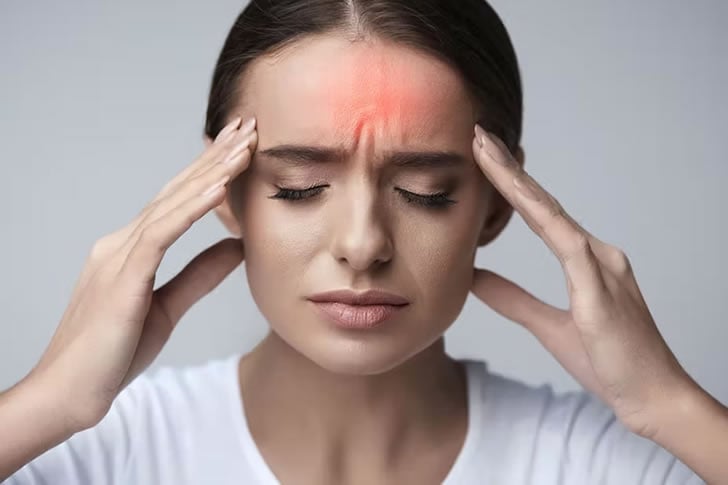Migraines and headaches can be debilitating, but there are effective treatments available. This guide offers valuable advice and tips to help you manage and alleviate the pain.

Migraines are severe headaches that can be accompanied by nausea, vomiting, and sensitivity to light and sound. They are often described as a throbbing pain usually affecting one side of the head. Migraines can last from a few hours to several days and can significantly impact daily life.
There are several types of headaches, including tension headaches, cluster headaches, and sinus headaches. Each type has its own set of causes and symptoms, making proper diagnosis crucial for effective treatment.
Painkillers like ibuprofen, acetaminophen, and aspirin are often effective in treating headaches and mild migraines. However, it’s essential not to overuse them, as it can lead to rebound headaches.
For more severe migraines, prescription medications such as triptans and anti-nausea medications may be recommended. These drugs work by blocking pain pathways in the brain and are generally effective when taken at the onset of migraine symptoms.
Stress is a significant trigger for both migraines and headaches. Techniques such as yoga, meditation, and deep-breathing exercises can reduce stress levels. Cognitive-behavioral therapy (CBT) is also effective for chronic headache sufferers.
Exercise releases endorphins, which act as natural painkillers. Activities such as brisk walking, swimming, and biking can improve your overall well-being and reduce the frequency of headaches.
Keeping hydrated is crucial. Drink plenty of water throughout the day and limit caffeine and alcohol, as these can lead to dehydration.
Consuming an anti-inflammatory diet rich in fruits, vegetables, whole grains, and lean proteins can help reduce the frequency and severity of migraines and headaches.
Magnesium deficiency is linked to headaches and migraines. Supplements or magnesium-rich foods like spinach, nuts, and whole grains can be beneficial.
Lavender and peppermint oil have been found effective in alleviating headache symptoms. Simply inhale the aroma or apply diluted oil to your temples.
Applying a cold compress to your forehead or using a warm compress on your neck can relieve tension and reduce pain.
Migraines often make sufferers sensitive to light and sound. Resting in a dark, quiet room can help relieve symptoms more quickly.
If you experience severe headaches that are sudden and intense, headaches accompanied by fever, stiff neck, confusion, or slurred speech, seek medical help immediately.
If you suffer from frequent migraines or headaches that interfere with your daily life, consult a healthcare provider for a tailored treatment plan.
Acupuncture has been shown to reduce the frequency and severity of headaches and migraines. This ancient Chinese practice involves inserting thin needles into specific points on the body to balance energy flow.
Chiropractic adjustments can alleviate headaches caused by tension and poor posture. Ensure you visit a certified chiropractor for proper care.
Effective treatment for migraines and headaches often involves a combination of medication, lifestyle changes, and holistic approaches. Identifying triggers, managing stress, staying hydrated, and consulting healthcare professionals are vital steps in reducing the frequency and severity of these painful conditions. Always consult a healthcare provider for personalized treatment plans.
Explore the Tranquil Bliss of Idyllic Rural Retreats

Ultimate Countdown: The 20 Very Legendary Gaming Consoles Ever!

Understanding Halpin and its Influence

Affordable Full Mouth Dental Implants Near You

Discovering Springdale Estates

Illinois Dentatrust: Comprehensive Overview

Embark on Effortless Adventures: Unveiling the Top in Adventures Made Easy Outdoor Equipment

Unveiling Ossur Valves: Innovation in Prosthetics

Unlock the Full Potential of Your RAM 1500: Master the Art of Efficient Towing!
